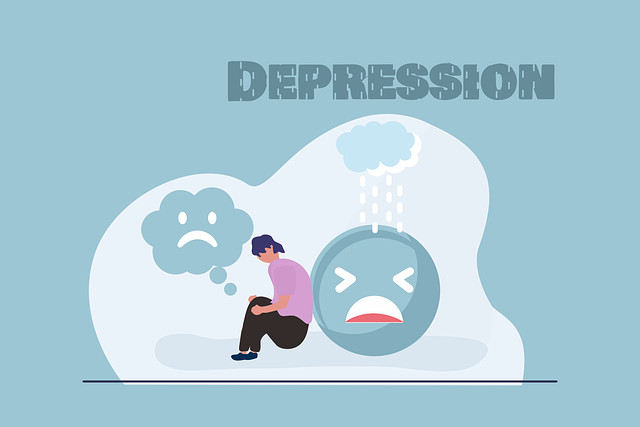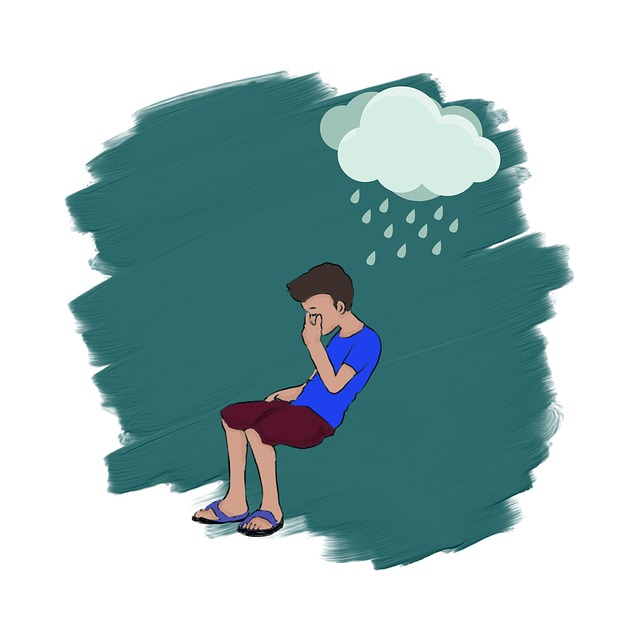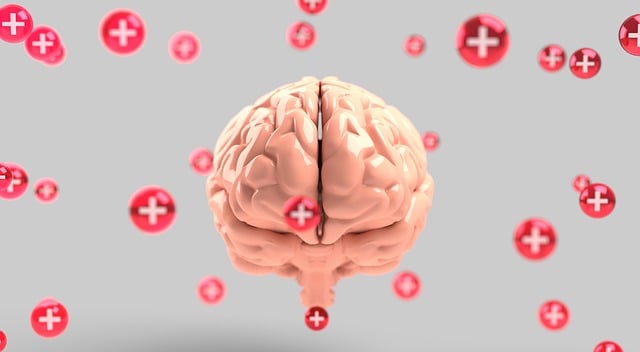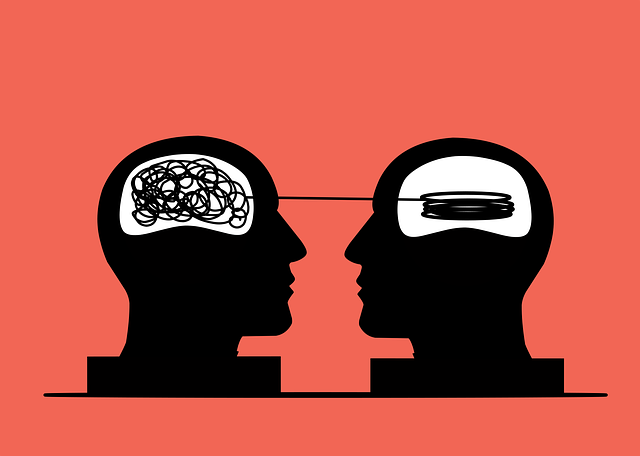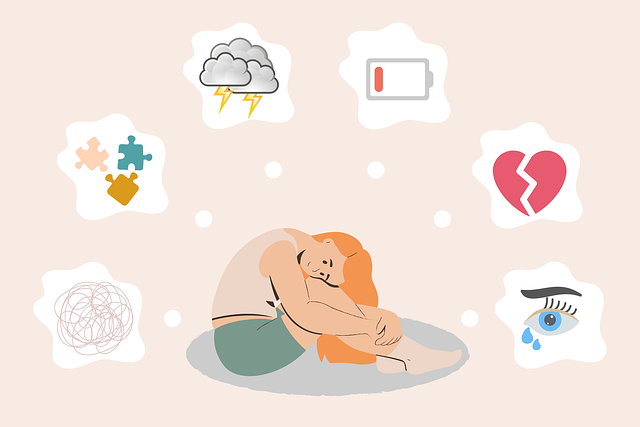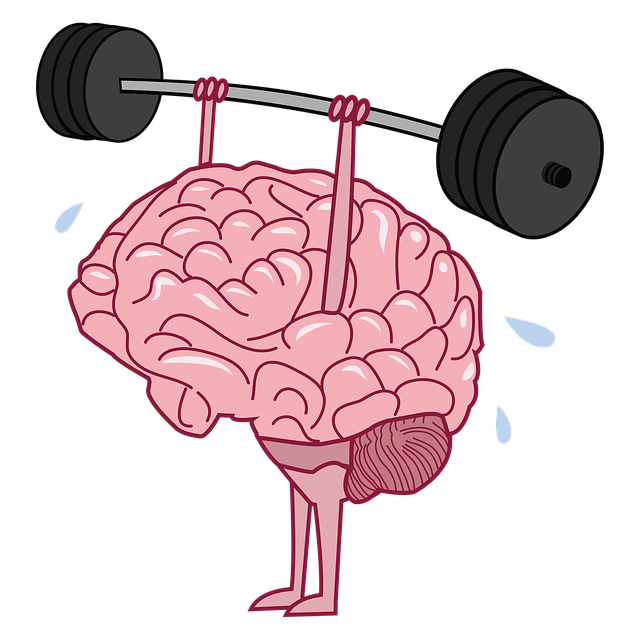Social skills and emotional well-being are closely linked, especially for those with mental health conditions. Centennial Anger Management Therapy offers tailored strategies for empathy, communication, and conflict resolution, empowering individuals to manage anger and improve social interactions. By fostering a sense of belonging and providing crisis guidance, this therapy combats isolation. Moreover, advocating for inclusive environments through Mental Health Policy Analysis promotes social engagement and overall mental health. Structured group therapy sessions and personalized coaching programs, including trauma support, enhance social skills, mood regulation, and relationship quality, contributing to comprehensive mental wellness recovery.
Social skills training is a powerful tool in managing mental health conditions. This article explores the intricate link between social interactions and mental well-being, highlighting how improving social skills can enhance overall health. We delve into the benefits of Centennial Anger Management Therapy, a proven method for fostering positive connections. Furthermore, practical strategies are offered to help individuals with mental health challenges navigate social situations, ultimately promoting better relationships and improved quality of life.
- Understanding the Connection Between Social Skills and Mental Health
- The Role of Centennial Anger Management Therapy in Improving Social Interactions
- Practical Strategies for Developing and Enhancing Social Skills in Individuals with Mental Health Conditions
Understanding the Connection Between Social Skills and Mental Health

Social skills are integral to our overall well-being, especially for those managing mental health conditions. The connection between social skills and mental health is a two-way street; effective communication, empathy building strategies, and conflict resolution techniques can not only help individuals navigate social interactions more smoothly but also contribute to improved mental resilience. On the flip side, mental health challenges can hinder an individual’s ability to engage socially, leading to isolation and potentially exacerbating symptoms.
At Centennial Anger Management Therapy, we recognize that addressing these social skills is crucial in comprehensive mental health care. Our approach integrates empathy building strategies and crisis intervention guidance tailored to each client’s unique needs. By equipping individuals with effective communication tools, we foster a sense of belonging and support, which is essential for navigating life’s challenges. Furthermore, Mental Health Policy Analysis and Advocacy play a vital role in creating inclusive environments that promote social engagement and overall mental health.
The Role of Centennial Anger Management Therapy in Improving Social Interactions

Centennial Anger Management Therapy plays a pivotal role in enhancing social interactions for individuals grappling with mental health conditions. This specialized program is designed to help participants manage and reduce anger, a common symptom associated with various mental health disorders. By learning effective coping strategies and emotional regulation techniques, individuals can improve their ability to engage in positive social exchanges. The therapy focuses on teaching mindfulness, communication skills, and conflict resolution strategies, enabling clients to navigate social situations with more confidence and less distress.
Incorporating Centennial Anger Management Therapy into a comprehensive Mental Health Education Program Design offers significant benefits. It empowers participants to better understand and manage their emotions, fostering improved mood regulation. This, in turn, can enhance overall mental health awareness and promote healthier interpersonal relationships. The program’s focus on practical skills enables individuals to apply what they’ve learned in daily life, leading to more satisfying social interactions and a greater sense of well-being.
Practical Strategies for Developing and Enhancing Social Skills in Individuals with Mental Health Conditions

Developing social skills is a key aspect of recovery for individuals navigating mental health conditions. Practical strategies can significantly enhance their ability to connect and interact with others. One effective approach is structured group therapy sessions, offering a safe space to practice communication and build relationships. These groups often facilitate role-playing exercises and discussions, teaching individuals how to express emotions, resolve conflicts, and interpret social cues effectively.
Additionally, tailored mental wellness coaching programs can provide one-on-one support. Coaches help clients identify personal strengths and weaknesses in social interactions, offering customized techniques for improvement. This might include stress reduction methods such as mindfulness exercises or cognitive-behavioral therapy (CBT) strategies to manage anxiety or anger, which are commonly associated with mental health conditions like Centennial Anger Management Therapy. Trauma support services also play a vital role, helping individuals process past traumas that may hinder their social abilities and overall mental wellness.
Social skills training, especially through evidence-based approaches like Centennial Anger Management Therapy, plays a pivotal role in managing mental health conditions. By addressing communication barriers and teaching effective interaction strategies, individuals can improve their relationships and overall well-being. Integrating practical techniques from the article’s sections offers a comprehensive path to enhancing social competencies, ultimately fostering more fulfilling lives for those navigating mental health challenges.
